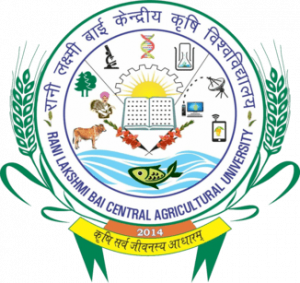Entomology

Entomology, the scientific study of insects, is a crucial field that examines the diversity, behavior, ecology, and physiology of these ubiquitous organisms. Insects are the most numerous and diverse group of animals on Earth, playing essential roles in ecosystems as pollinators, decomposers, and prey for other animals. Entomologists explore how insects interact with their environment, including their impact on agriculture, where they can be both beneficial—such as bees and butterflies that aid in pollination—and harmful, causing damage to crops and spreading diseases. Understanding these interactions helps in developing effective pest management strategies and conserving beneficial insect populations.
Beyond agriculture, entomology encompasses a wide range of applications in public health, forensic science, and biodiversity conservation. In public health, entomologists study vector-borne diseases transmitted by insects, such as malaria and dengue fever, aiming to control their spread through innovative methods and research. In forensic science, insect evidence can provide crucial information for estimating time of death in criminal investigations. Additionally, entomologists contribute to biodiversity conservation efforts by monitoring insect populations and assessing the impacts of environmental changes on their habitats. Overall, entomology is integral to addressing various challenges related to human health, agriculture, and environmental sustainability.
Page recently updated on September 4th, 2024 at 09:45 am



 About RLBCAU Information About RLBCAU
About RLBCAU Information About RLBCAU History History of RLBCAU
History History of RLBCAU Vision & Mission
Vision & Mission Jhansi About the City of Jhansi
Jhansi About the City of Jhansi From VC’s Desk
From VC’s Desk  Objective Objective of RLBCAU
Objective Objective of RLBCAU How To Reach How To Reach RLBCAU
How To Reach How To Reach RLBCAU University Act RLBCAU University Act
University Act RLBCAU University Act Regulations Regulations in RLBCAU
Regulations Regulations in RLBCAU Practical Manual (UG) Practical Manual (UG)
Practical Manual (UG) Practical Manual (UG) List of Students List of Students in RLBCAU
List of Students List of Students in RLBCAU Board of Management
Board of Management  Admission ProcedureAdmission Procedure of RLBCAU
Admission ProcedureAdmission Procedure of RLBCAU Academic Programmes Academic Programmes in RLBCAU
Academic Programmes Academic Programmes in RLBCAU College of Agriculture About College of Agricultire in RLBCAU
College of Agriculture About College of Agricultire in RLBCAU College of Horticulture & Forestry About College of Horticulture and Forestry
College of Horticulture & Forestry About College of Horticulture and Forestry College of Fisheries About College of Fisheries in RLBCAU
College of Fisheries About College of Fisheries in RLBCAU Recent News Recent News from RLBCAU
Recent News Recent News from RLBCAU Notice & Circulars Notice & Circulars from RLBCAU
Notice & Circulars Notice & Circulars from RLBCAU Press & Media Press & Media from RLBCAU
Press & Media Press & Media from RLBCAU Tenders Tenders from RLBCAU
Tenders Tenders from RLBCAU Hostel Hostel in RLBCAU
Hostel Hostel in RLBCAU Guest House Guest House in RLBCAU
Guest House Guest House in RLBCAU Library Details of Library in RLBCAU
Library Details of Library in RLBCAU 2024 Photo Album View Photogallery for 2024
2024 Photo Album View Photogallery for 2024

